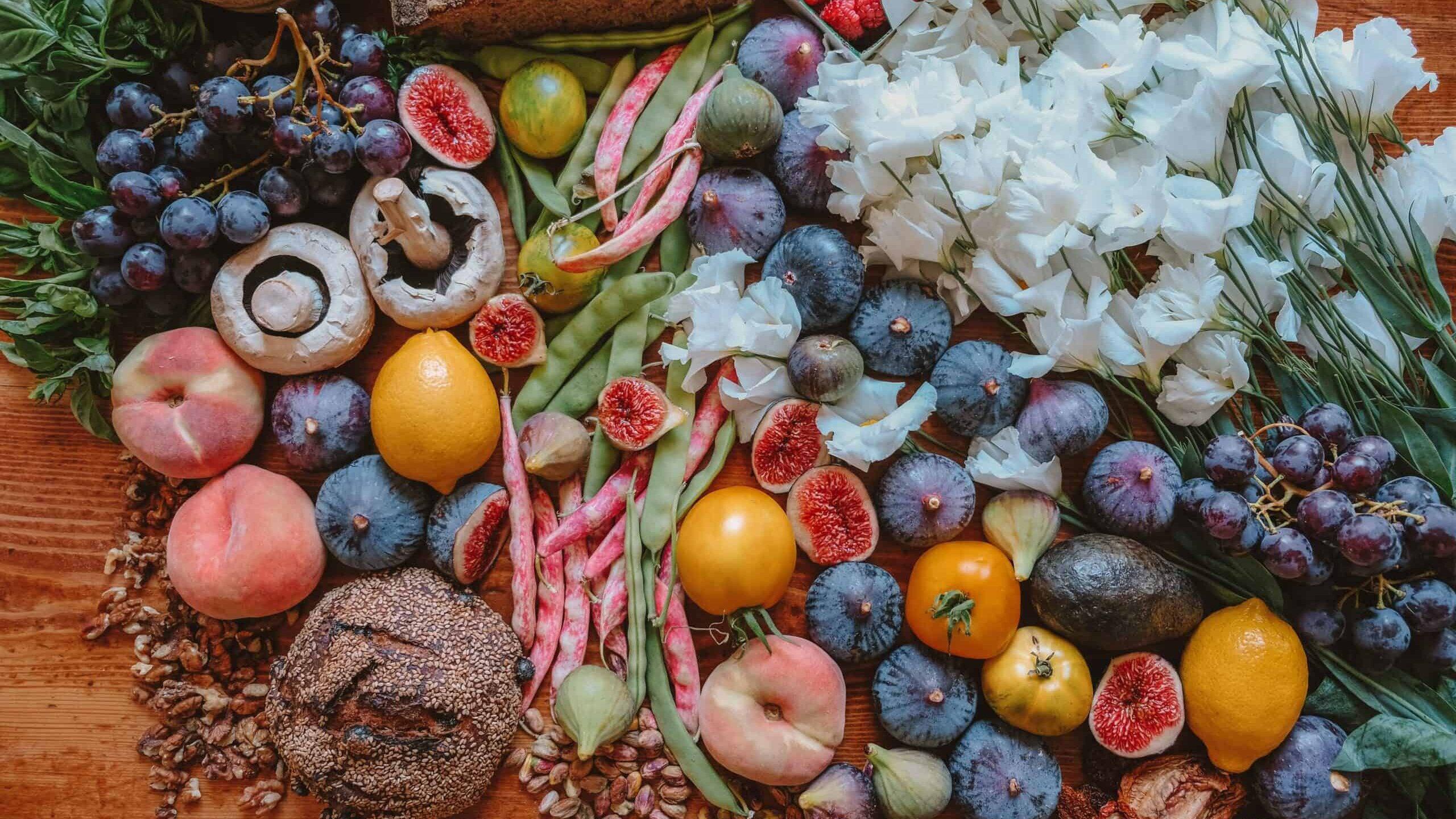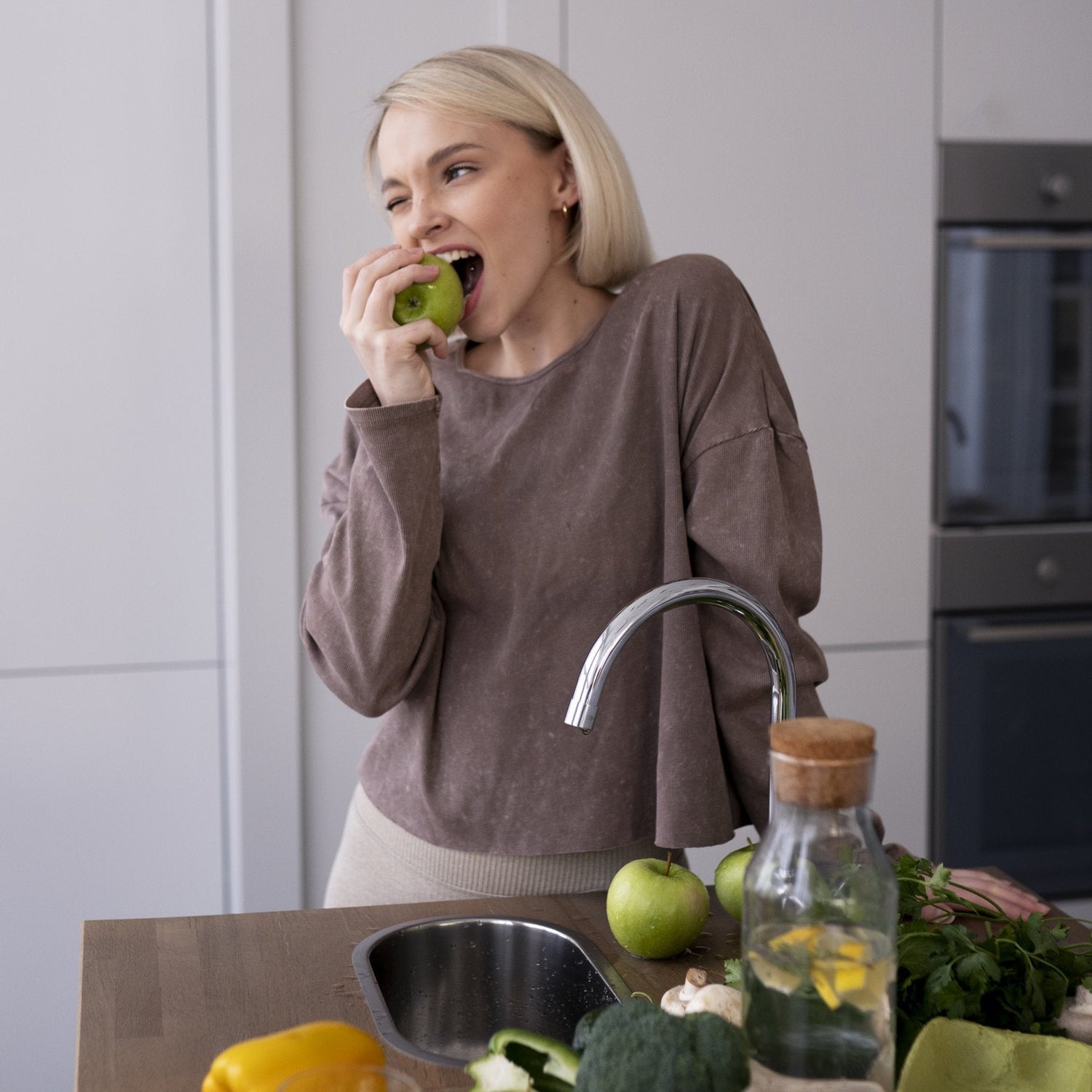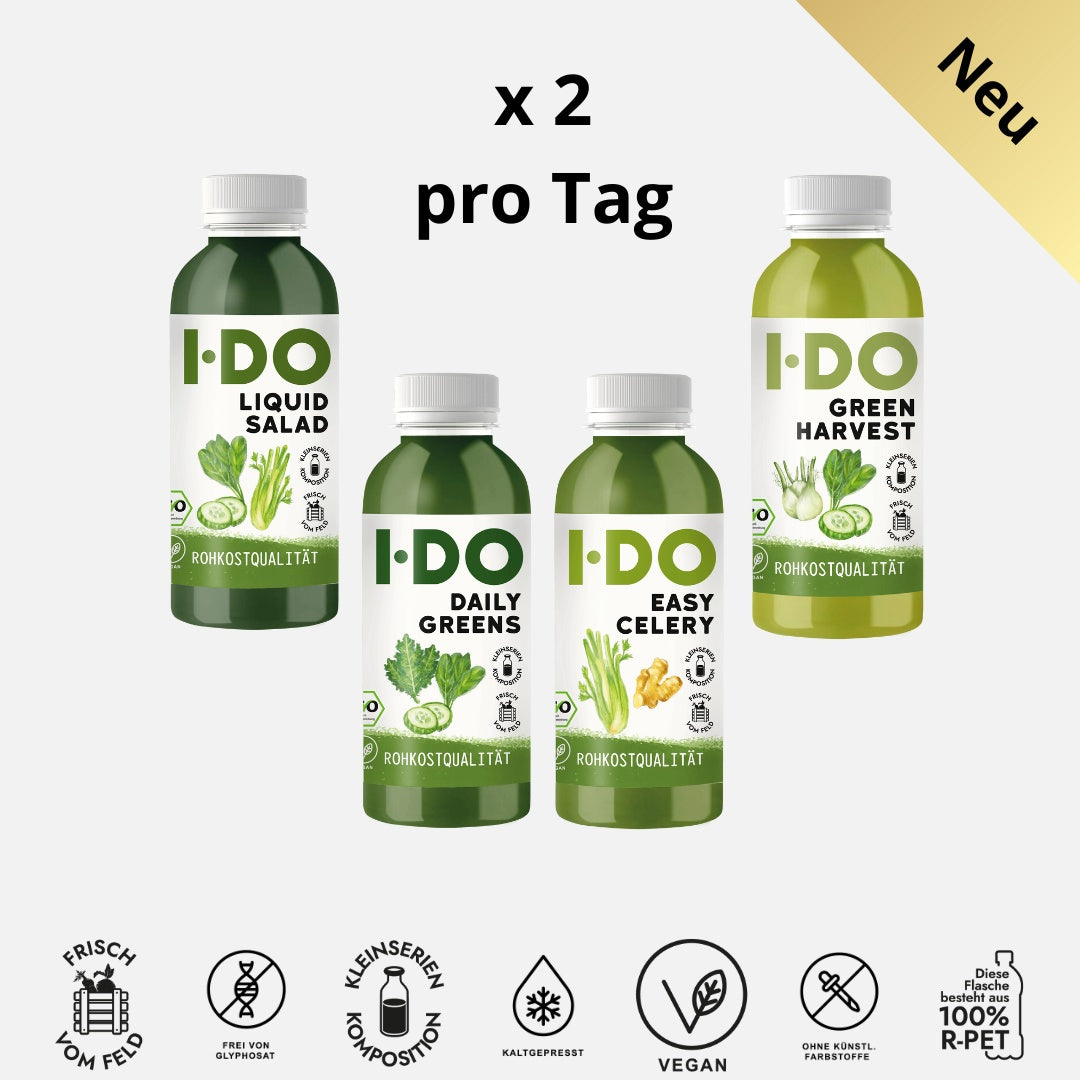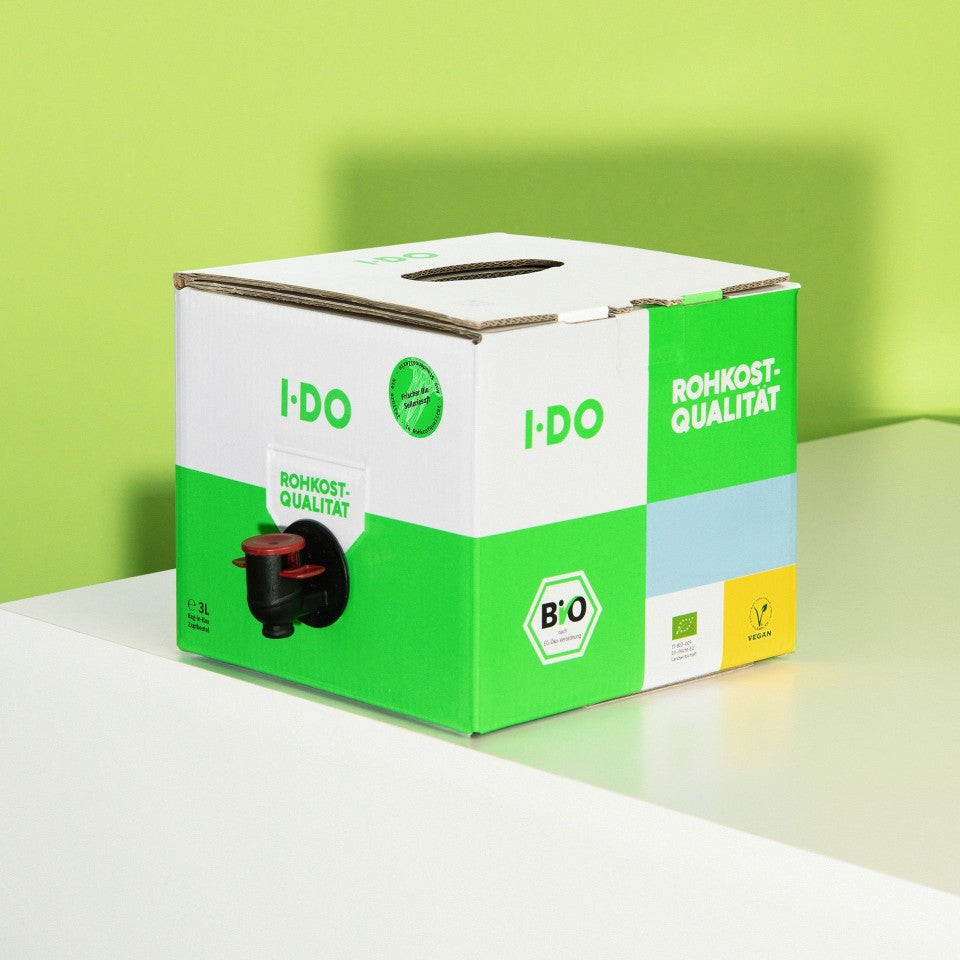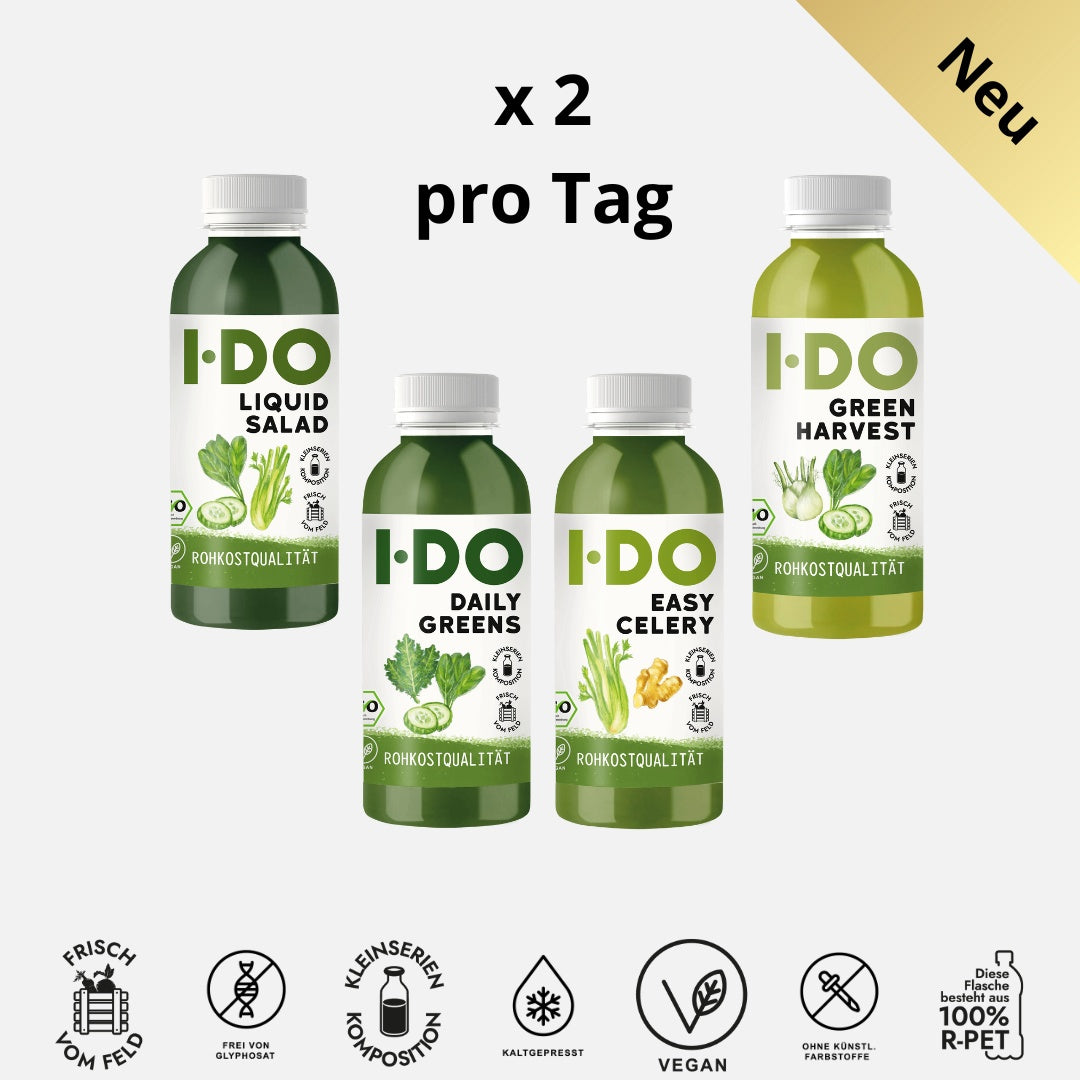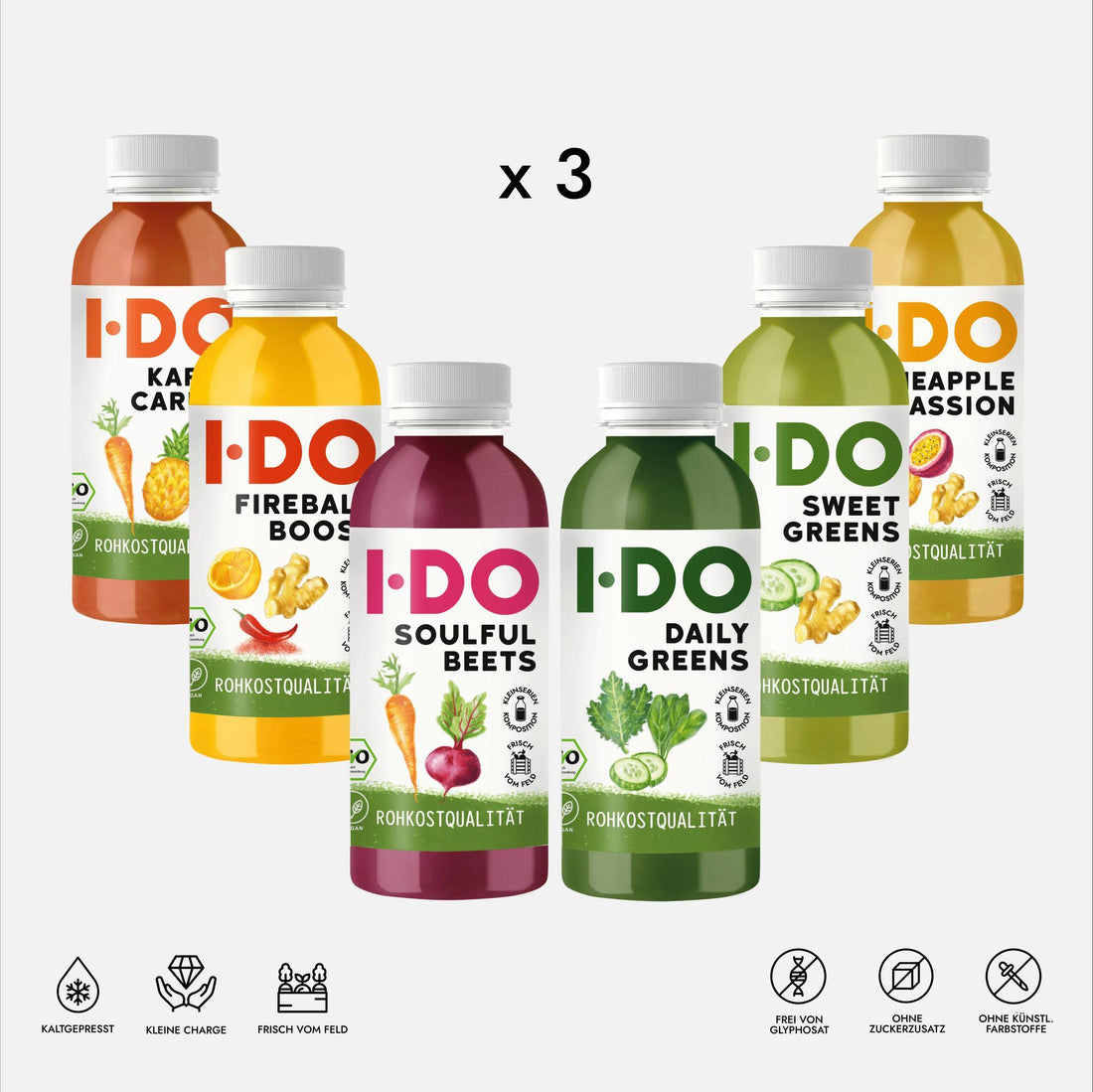There are numerous reasons to prefer organic food over conventional food. Sustainability and environmental concerns are paramount. But personal health also plays a role in the decision. A clear advantage of organically grown fruit and vegetables is the lower contamination with harmful pesticides. But what about the nutrient content? Is organic food not only tastier but also more nutritious? Ultimately, the question of whether an organically produced food is healthier than a conventional product depends on many factors.
The organic hype
Organic products are no longer only found in health food stores. Almost every supermarket now has an organic section, and in major cities, there are a growing number of stores that focus exclusively on organically grown food. Organic seals have also been added to identify organic products. It's quickly becoming clear that organic has become a major trend. However, the answer to the question of whether organic fruit and vegetables are also healthier remains less obvious. Let's examine two key factors.Pesticides in conventionally produced vs. organic foods
Pesticides are synthetic chemicals that have undesirable and toxic effects on animals and plants. They are used in conventional agriculture and affect not only animals and plants, but also humans. The adverse health effects are diverse and range from allergies to disruption of cell division. Organic farming, on the other hand, expressly prohibits any use of pesticides. Thus, the production of organic food not only reduces the impact on animals and the environment, but also on humans. When it comes to harmful pesticides, organic products are the clear winner.
Nutrients
The second decisive factor in the question of whether organic products are healthier than those from conventional farming is their nutrient content. When we think of fruit and vegetables, we usually automatically assume they are healthy. After all, fruit and vegetables contain many important nutrients, and humans cannot live without vitamins, minerals, and trace elements. Because the human body cannot produce these essential nutrients itself, they must be obtained through food. This occurs primarily through nutrient-rich fruit and vegetables. But where are the most healthy nutrients found?
Nutrient content in organic fruits and vegetables
Organic foods are said to have positive health effects. However, the research on this is controversial. Some scientific studies have found little difference in vitamin, mineral, and nutrient content. Other studies, however, have found clear advantages of organic products over conventionally produced foods. Ultimately, the nutrient content of organic and conventionally produced products fluctuates considerably. A meta-analysis highlights precisely these fluctuations and also points out that factors such as the location of the growing region also play a role. Therefore, each individual case should always be considered.
And what about the taste of organic food?
For many people, whether it's worth reaching for the organic box is also a question of taste. Perhaps you've already noticed how intense the flavor of a ripe organic tomato is? Or even a tomato freshly picked from the tomato bush in your own garden? A true explosion of flavor. But most people also know what an unripe tomato from a supermarket tastes like. So what's the difference? A crucial point is that organic farmers give their plants time. The longer the plant has time to grow, the more nutrients and pigments the fruit develops. The result: not only a nutrient-rich fruit, but also a tasty and delicious one. In conventional farming, on the other hand, tomatoes, like strawberries and many other fruits and vegetables, are often harvested before they are ripe. This also affects the flavor.
Conclusion
Organic is booming. But is "organic" healthier or not? For us, the answer to this question is a clear yes, simply because of the lower pesticide load. At I DO, we value organic quality and therefore only use organically certified ingredients in our bottles. We usually know the farmers personally, and a large portion of the ingredients come from the immediate vicinity of the production facility. All this and much more, to do something good not only for ourselves but also for nature. Because we are convinced that organic is worthwhile for consumers and for the environment.


